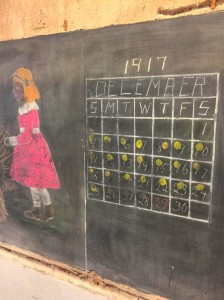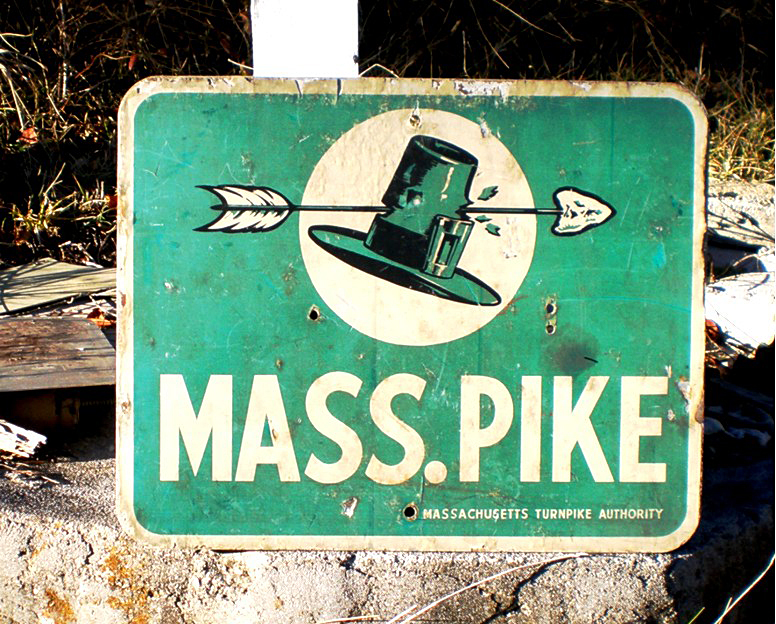When I was in high school - ya know, back when “school” was just the largest cave and the blackboard was an outcropping of slate...just kidding.
Seriously, when I was in high school, I learned how not to remember stuff in math. Obviously, that wasn’t the goal, but it is what happened. When I discovered my error, it was an important moment. I thought I’d pass that insight along to you, so you could avoid my mistake (and make some fresh ones of your own).
I can’t recall exactly what we were learning, but it was in math - probably Algebra II. We learned how to do something, and because of the way my brain works, I was always trying to think a memory prompt to remind myself how to remember stuff. (PEMDAS, for example is a memory prompt.) I still do this a lot and it can be an extremely effective way to remember things...if you do it correctly.
The mental note I made to myself was; “Do the opposite of what you think you should do” and it worked like a charm. I was solving problems quickly and correctly. We did a lot of practice and I was breezing through the worksheets. I learned this topic sooooo well.
Too well, as it turned out. I learned how to do all the steps in the right order and always got the right answer. Then, the memory prompt turned from friend to foe.
“Do the opposite of what you think you should do” had worked like a charm, until I memorized how to do it. Now my prompt was telling me to do the opposite from what I had learned....in other words....wrong!
Suddenly, I went from confident to confused. What way was “the opposite of what you think you should do?” I couldn’t remember what was the right way or what was the wrong way. I was dazed and confused.
It was then, that I realized that my memory prompt was at the root of my problem. I had to change the prompt.
Do you have any idea how hard it is to forget something when you’re trying to forget it. The more you try, the more you think about it, so the more you remember it, so you’re not forgetting it, but actually remembering it more. It’s very circular and I think if you thought like that for too long, your brain might melt.
So, do yourself a favor, use memory prompts; they really will help you remember stuff. But do not, under any circumstance, use “Do the opposite of what you think you should do.” You’ll just end up confused with a melted brain.
 What was it like to go to school 100 years ago? The people of Oklahoma
City have a pretty good idea after discovering chalkboards dating from
1917, hidden behind newer chalkboards.
What was it like to go to school 100 years ago? The people of Oklahoma
City have a pretty good idea after discovering chalkboards dating from
1917, hidden behind newer chalkboards.


